South Korea trucker strike enters 7th day, forcing more factories to cut production
A strike by truckers in South Korea has entered its seventh day, after talks failed to yield a breakthrough, forcing more factories to cut production due to a lack of warehouse space to stock products.
On Monday, petrochemical firms joined the automobile and steel makers in cutting operations due to mounting inventories as transport disruptions spread across the South Asian country.
The industry association representing 32 petrochemical companies in South Korea said the average daily ex-factory shipments of their member companies had plunged by 90 percent due to the strike.
"The Cargo Truckers Solidarity union's collective action to reject transportation is spreading the damage to major petrochemical complexes in Ulsan, Yeosu, and Daesan," the Korea Petrochemical Industry Association said in a statement.
Steelmaker POSCO has said it would halt some plants due to a lack of space to store unshipped products.
Automakers were also hit hard by the truckers' strike as they were not able to transport finished products.
Defiant South Korean truckers, numbering around 22,000, started the strike on Tuesday in protest against soaring fuel costs and to demand basic pay guarantees
The truckers’ strike has severely disrupted the country's supply chain in the last week.
Political analysts see the strike as a first test of the managerial skills of the new South Korean president, Yoon Seok-youl, who has been in power for only one month.
Yoon urged the truckers on Thursday not to resort to violence and said the government is trying to resolve the situation through dialogue.
“Under no circumstances will the public find breaches of the law or resorting to violence acceptable,” he told reporters.
Talks with the government have failed to make progress, crippling cargo transport at the country's industrial hubs and major ports.
The officials of the transport ministry met for over 10 hours with union leaders on Saturday for the third round of negotiations, but the two sides failed to narrow their differences, the ministry said.
South Korean labor unions have in the past resorted to different tactics and strategies to achieve their goals.
These include industrial action and walkouts, sit-in protests, hunger protests, self-immolation, violence, kidnapping, and the occupation of buildings, among other methods used to coerce employers.
South Korea's inflation is set to hit a 24-year high of 4.8 this year, the Organisation for Economic Cooperation and Development said last week.
Jewish group calls on all countries to cut off ties with Israel
Israel decimated Gaza’s entire education system: Malala Yousafzai
Iran Army to take delivery of 1,000 drones, new destroyer
US journalist schools Elon Musk on roots of Zionist entity and genocide in Gaza
VIDEO | Press TV's News Headlines
California wildfires, administrative incompetence
VIDEO | Celebrations in Port Sudan as army advances to retake city of Wad Madani from RSF
VIDEO | Hundreds march in Lisbon in protest over police raid in 'migrant neighborhood'


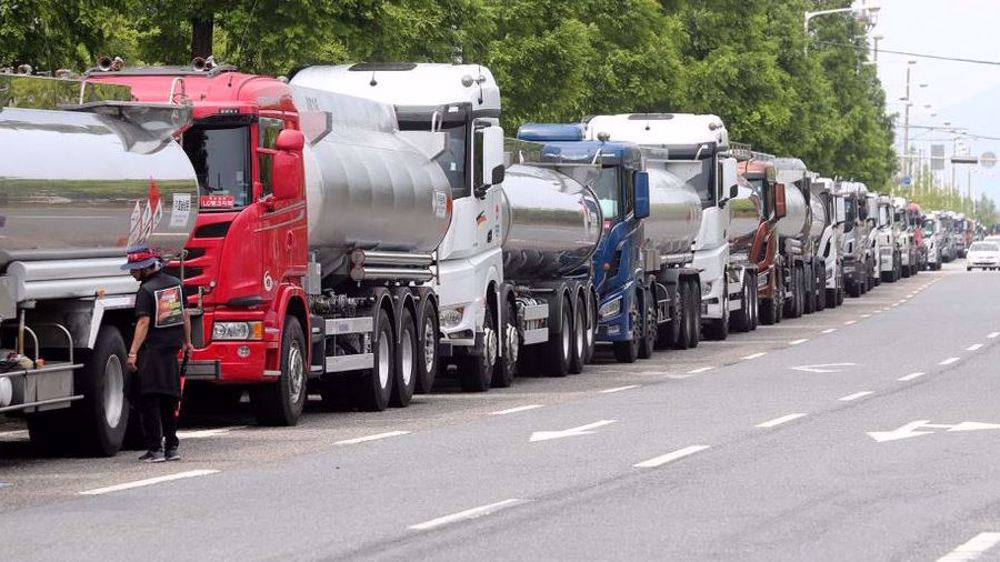
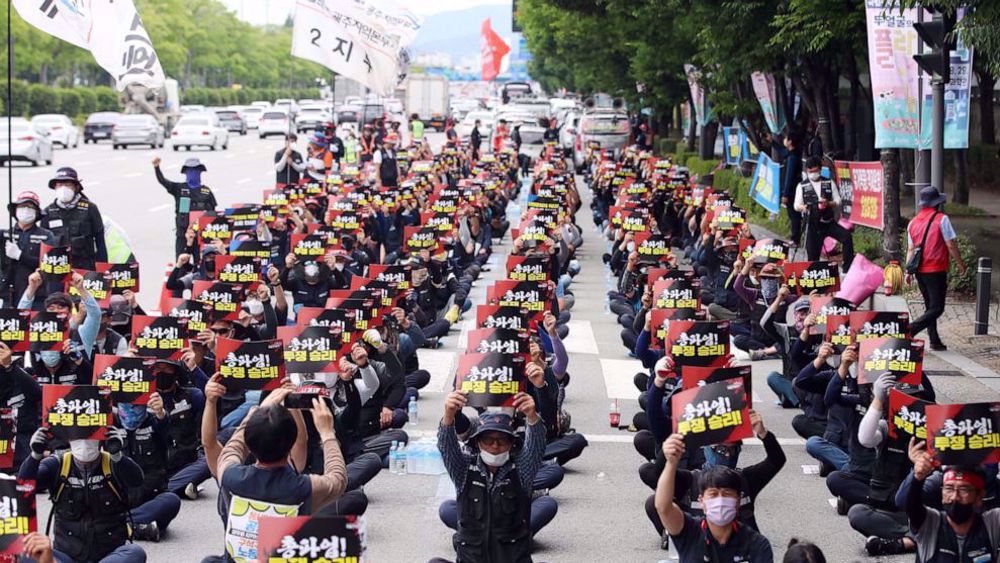
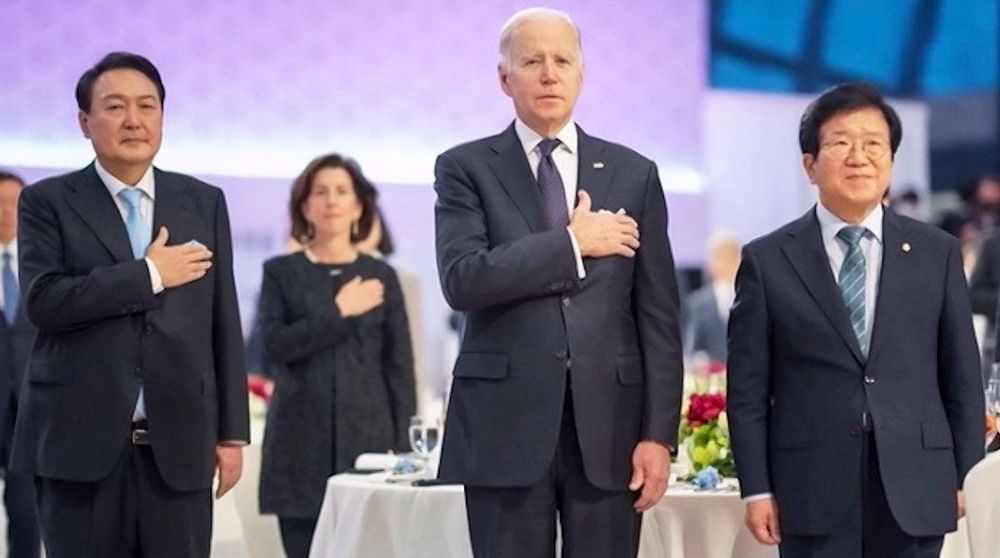
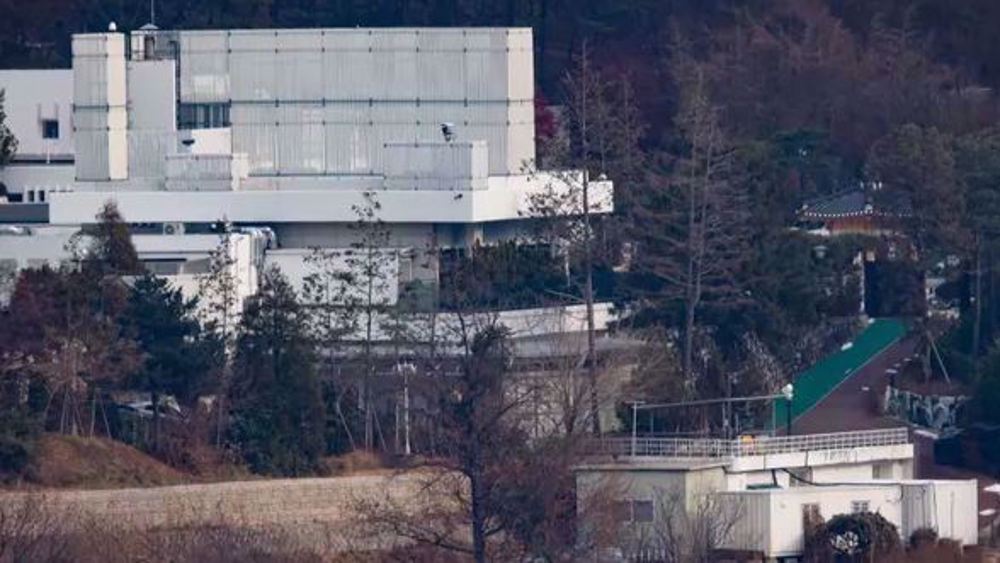
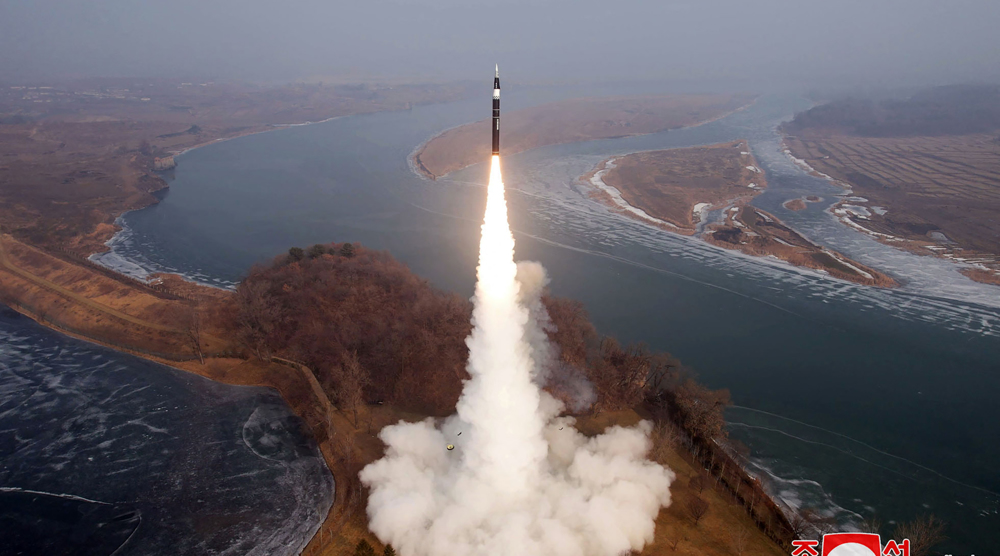
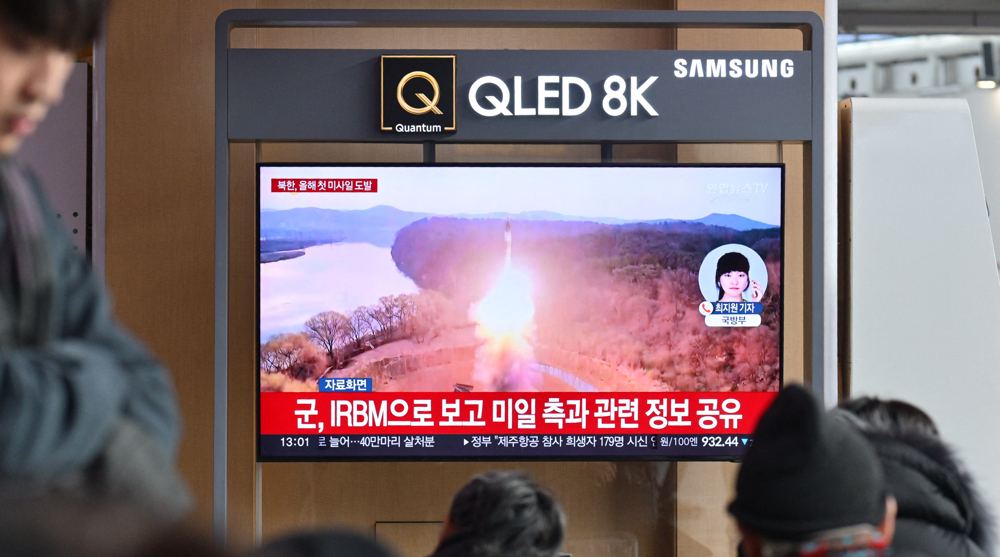



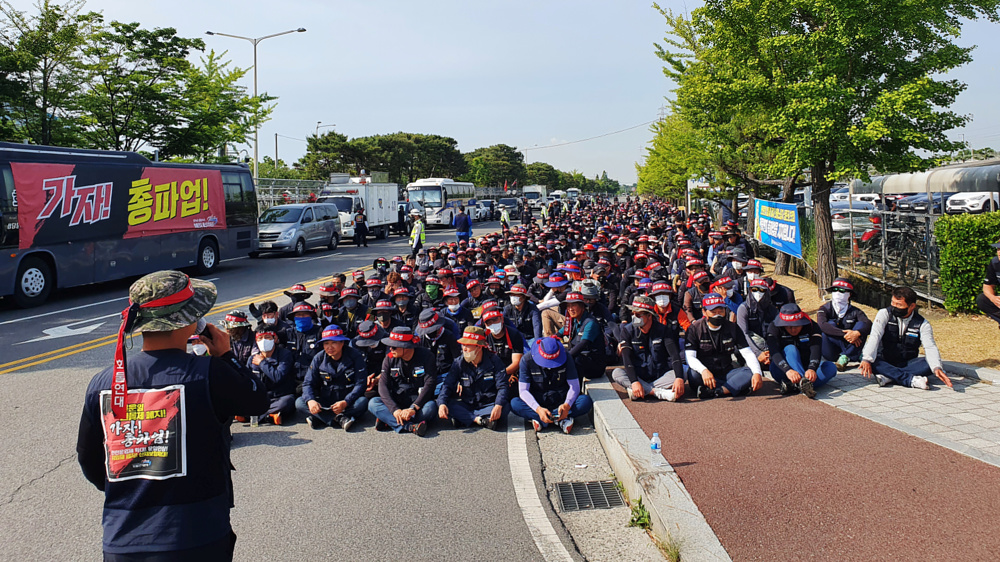
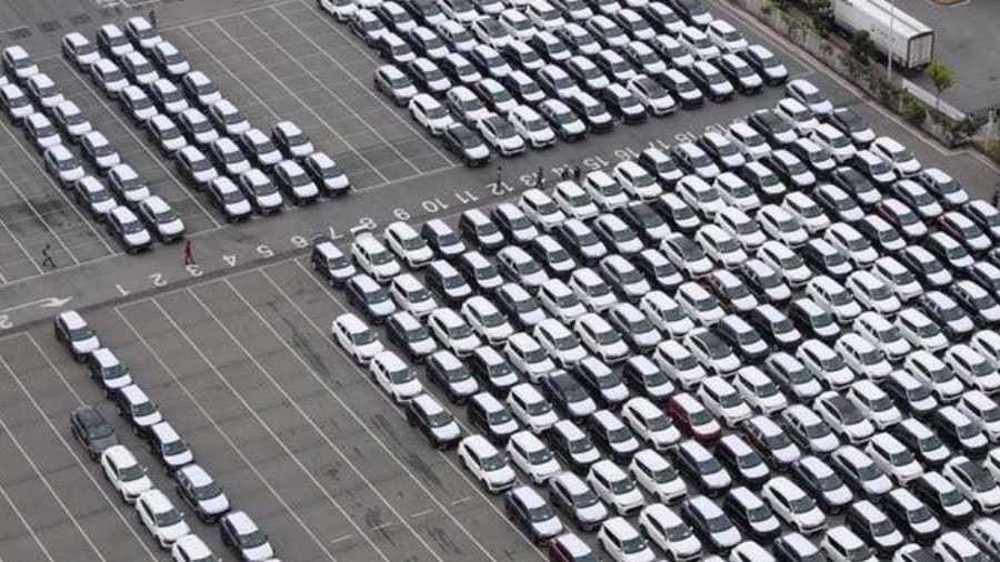

 This makes it easy to access the Press TV website
This makes it easy to access the Press TV website